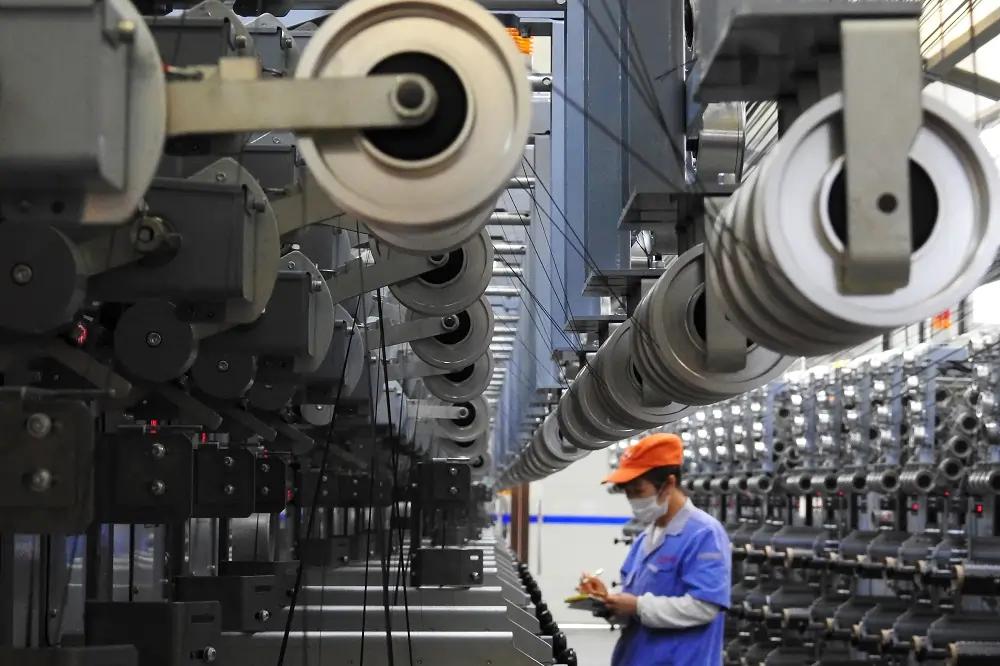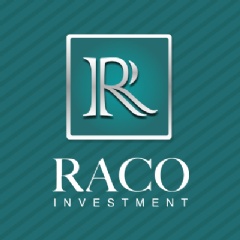GCC banking trends for 2025: the rise of AI and the fall of cash


Alamy via Reuters Connect
We have reached 2025, the quarter-way mark of this century, and banking continues to be the world’s most profitable industry with annual profits of more than $1 trillion.
However a slowing global economy, a divergent economic landscape and lower interest rates are challenging the banking industry’s ability to generate income and manage costs.
Bank customers are becoming more demanding, technology is evolving and neobanks are disrupting the industry’s status quo.
What trends can we expect for banking in the GCC this year? Here are my five predictions.
1. Cash is not king
We are rapidly moving to a cashless society. Aani, an instant payments platform, is now fully functional in the UAE, allowing consumers to transfer money using just phone numbers, and enabling businesses to accept payments using QR codes. Digital wallets are replacing plastic cards and cryptocurrency wallets are not far behind.
Only one in six purchases in the UAE and fewer than one in three in Saudi Arabia are made in cash, a 2024 Worldpay report revealed. These numbers are likely to drop further. Last October, Dubai launched a “cashless strategy” that is aiming for more than 90 percent of all transactions to be cashless by 2026.
2. Open finance will open doors
This year, we will see the implementation of an open banking framework in the Gulf along the lines of those in the UK and Europe. Open banking is simply sharing data between banks and third-party service providers, notably fintechs, that can pitch products to customers.
The UAE, Saudi Arabia and Bahrain have already published regulations on open finance and the eight big banks in the Emirates will implement open finance in 2025. The advantages for consumers are many. Everyday banking becomes easier, financial services more accessible and consumers get better value for money.
Will this threaten the dominance of the bigger banks in the GCC? It is likely, though the disruption will be gradual.
3, Neobanks are here to stay
Customers in the Gulf are suddenly spoilt for choice when it comes to banks. The digital-only options include Wio, Neo, Liv, Yap, Mbank, Zand and Ruya in the UAE; STC, D360 and Vision in Saudi Arabia; and Weyay in Kuwait.
Nearly half of UAE banking customers now have an account with a digital bank, though the comparative numbers for the other GCC states are lower. This creates healthy competition for national banks, which will be pushed to match pricing and processes for accounts, deposits and loans.
The neobanks’ customer-centric approach is attracting businesses, too. No wonder Wio now takes one third of all new SME accounts in the UAE.
4. Banking on the go
“Embedded finance” integrates digital banking with non-financial platforms and services to enable consumers to access banking from wherever. So, the likes of Ikea, Tesla or Emaar will offer seamless financing when a consumer buys a sofa, electric car or house.
Buy now pay later is increasingly popular in Saudi Arabia and the UAE – and we can expect the adoption of broader forms of frictionless and embedded finance by retailers, telcos, hotels, ecommerce companies and entertainment providers this year.
These developments are likely to define the future of personal financial services. The global embedded finance market was valued at $116 billion in 2024 and is growing at 17 percent a year, research from MarketsandMarkets found. Witness the rise of super-apps such as Careem and Botim in the UAE, and the Saudi government’s Tawakkalna tool.
5. AI is for real
This is the year when artificial intelligence will become real for banks. Rapid advancements in AI technologies are likely to revolutionise the delivery and consumption of banking services in the GCC.
We will see use cases at customer call centres, for instant decisions for consumer credit, in digital labour for back-office processing and in bug-fixing for IT development applications. As a result, recruiting will slow down in GCC banks.
In summary, 2025 will be an exciting year. The industry is facing fundamental restructuring brought on by open banking, AI, embedded finance and neobanks. Banks that successfully navigate this transition will become bigger and more profitable.
Suvo Sarkar is the founder and CEO of consulting firm 3D Advisory and host of the ‘Money Majlis’ podcast. He is former group head of retail banking and wealth management at Emirates NBD
link




